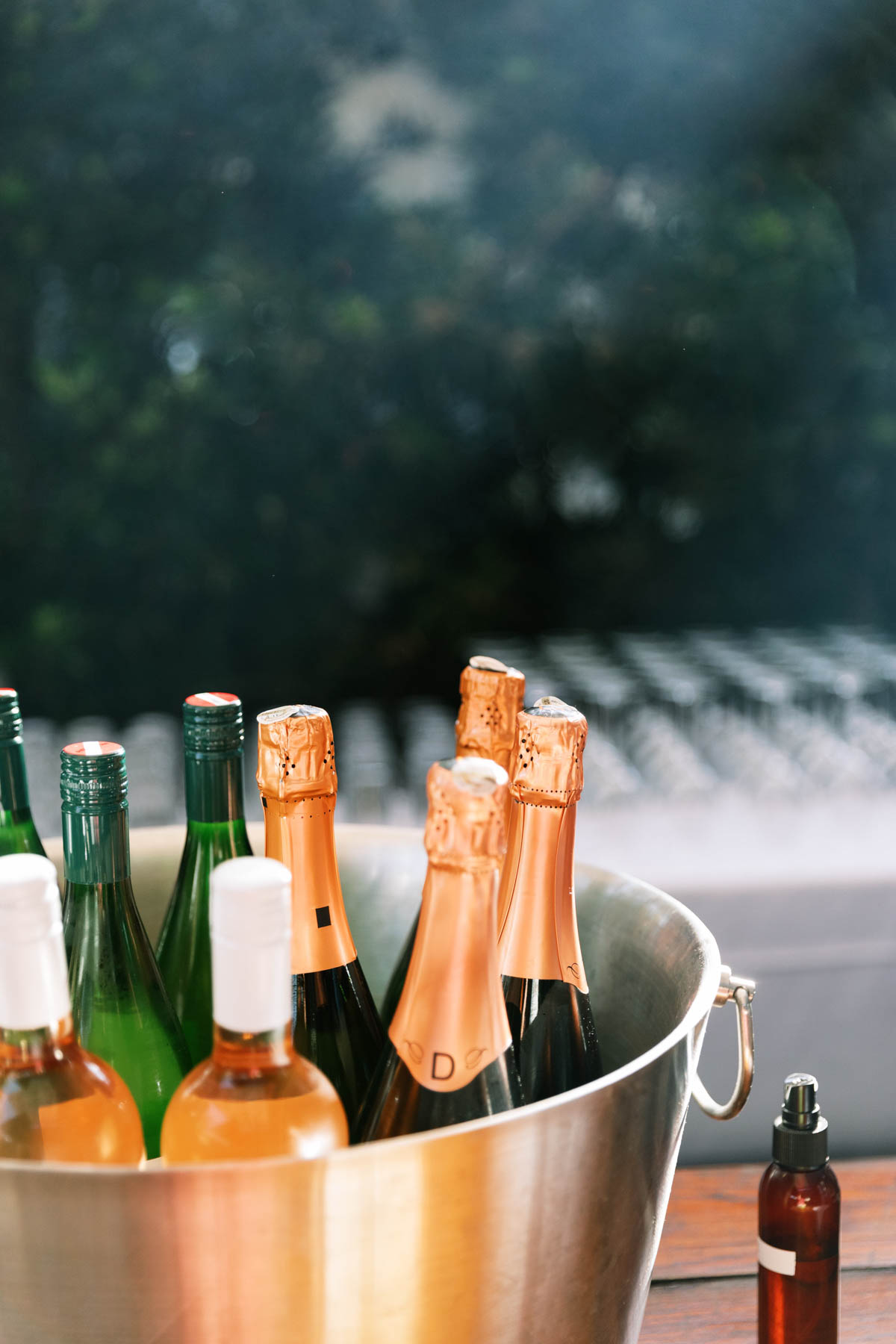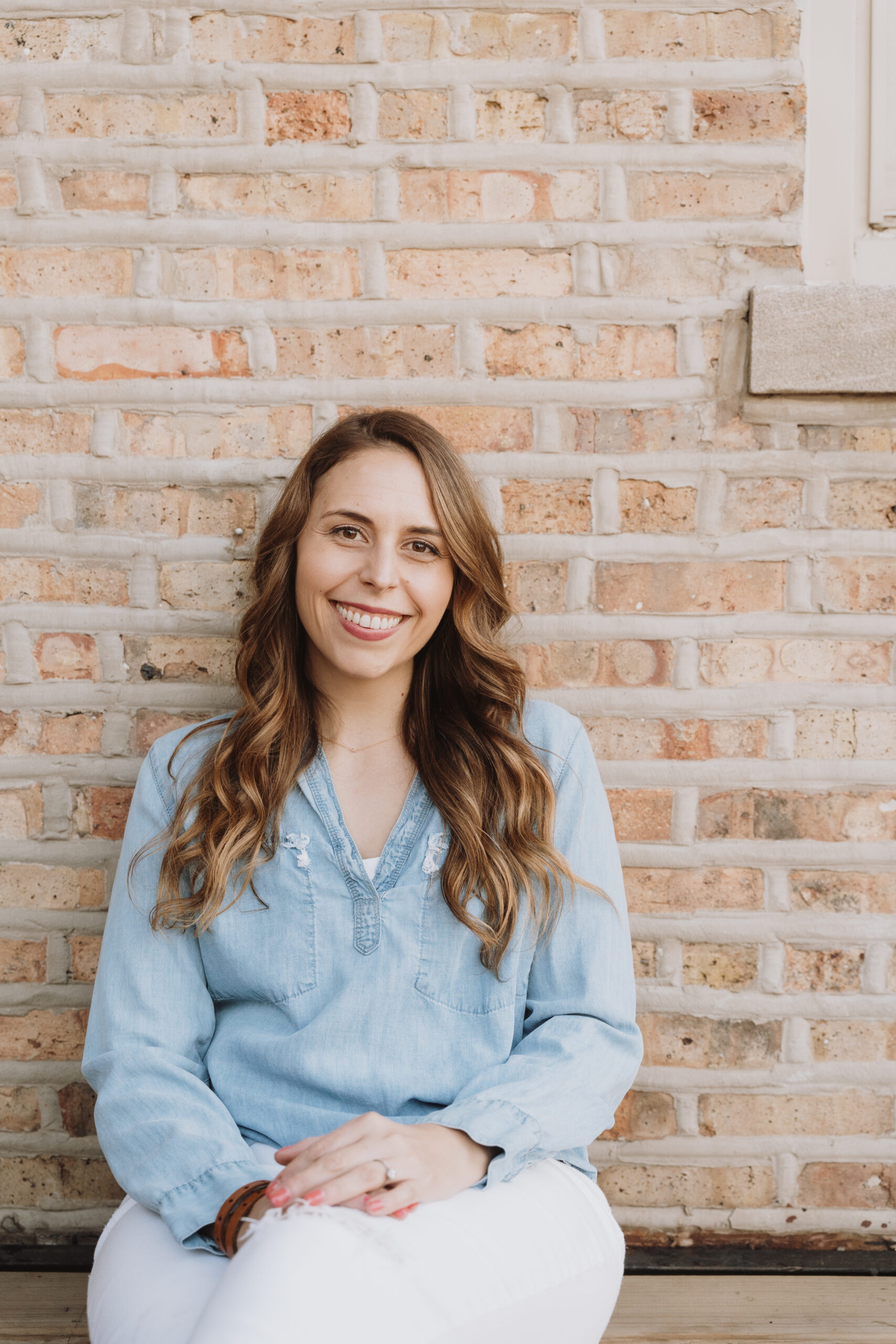Episode Transcript
Navigating Party Snacks: Breaking Free from Food Obsession
Hey there, it’s Ryann, your guide at the Food Freedom Lab. Today, let’s tackle a common challenge: how to navigate party snacks without feeling overwhelmed. I recently received a question about struggling to eat intuitively at gatherings, especially when faced with tempting snacks. Let’s dive into this together and unravel the complexities around party food.
Understanding Intuitive Eating in Social Environments
If you find it challenging to eat intuitively at parties, you’re not alone. Intuitive eating is innate, but relearning it, especially in new environments, takes practice. The first step is to acknowledge that this process might require some time and patience.
Questions to Reflect On
- How often are you allowing snacks like chips and peanuts on a regular basis?
- If these foods are only allowed at parties, a scarcity mindset might be triggered, leading to heightened focus and desire for them.
- How are you eating the snacks at parties?
- Mindful consumption is key. Instead of grabbing handfuls, consider putting snacks on a plate or napkin. This simple shift encourages mindfulness and better connection to your body.
- Could you be needing a real meal?
- Snacking on chips and peanuts might not satisfy your body’s need for substantial nourishment. Eating a proper meal before or after the party can address this.
- Where is your mind during the party?
- Negative thoughts about “good” and “bad” foods can trigger a mindset shift into “F it” mode. Reframe these thoughts with positive affirmations to maintain a healthier mindset.
- Where are your emotions at parties?
- Emotional vulnerability or triggers can lead to using snacks as a coping mechanism. Develop alternative coping skills, like breathing, grounding, or having a game plan in place.
Developing a Game Plan
Create a game plan in your phone for challenging situations. Answer questions like:
- If I feel triggered by snacks, I will…
- If I struggle to listen to fullness, I will…
- If I catch my mind in “F it” mentality, I will…
- If I’m struggling overall, I will…
Having this plan can be a lifeline during moments of difficulty, helping you stay connected to your goals.
Closing Thoughts
Remember, the issue isn’t the food at parties but understanding the triggers causing compulsion around it. Validate that learning to eat intuitively at parties takes practice. Be patient with yourself and use these experiences as opportunities for reflection and continued healing.
Connect with the Food Freedom Lab Community
I’m sending you a virtual hug for being part of another episode. For additional support, find me on Instagram at itsryannnicole. You’re not alone, and together, we can navigate the intricacies of food freedom.
Thank you for joining the Food Freedom Lab. Every step forward in your journey brings you closer to a more liberated and fulfilled version of yourself. Until next time, take care!
Links
Disclaimer: If you have or suspect that you have an eating disorder, be sure to get in touch with a qualified healthcare professional immediately. If you are in the United States and experiencing a medical or health emergency, please call 911 or call for appropriate emergency medical help.
Ryann Nicole
Licensed Therapist, Certified Nutritionist, and Virtual Wellness Coach
Ryann is a licensed therapist and virtual wellness coach who has assisted individuals worldwide in establishing a healthier relationship with food and their bodies.
Are You Ready to Heal Your Relationship With Food?
I understand—it can be overwhelming to figure out where to begin. Let's simplify things and have you start right here:
Why Am I Overeating?
First Steps To Stop Binge Eating
The Food Freedom Lab Podcast
FREE QUIZ
FREE GUIDE
Podcast
the food freedom lab podcast



